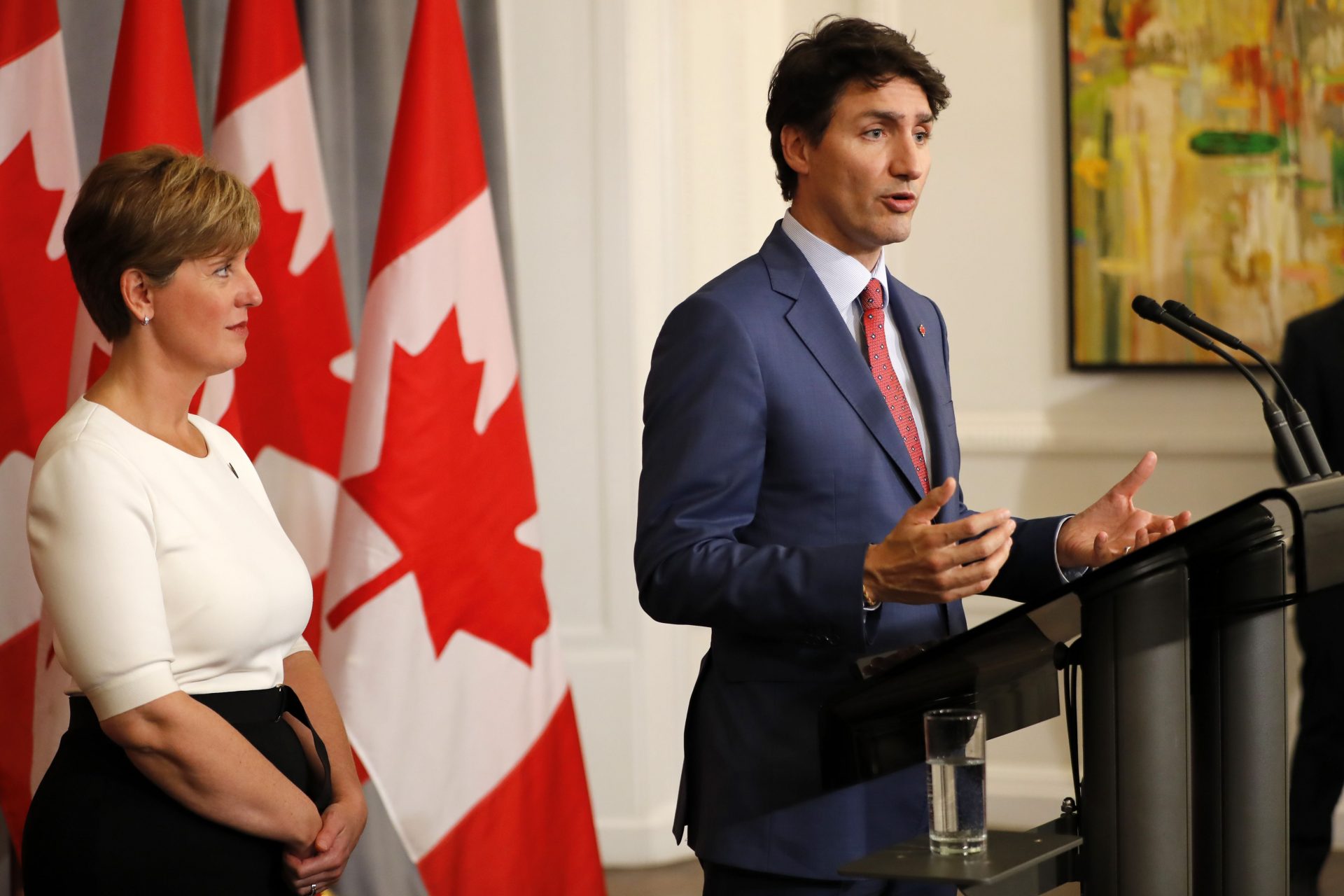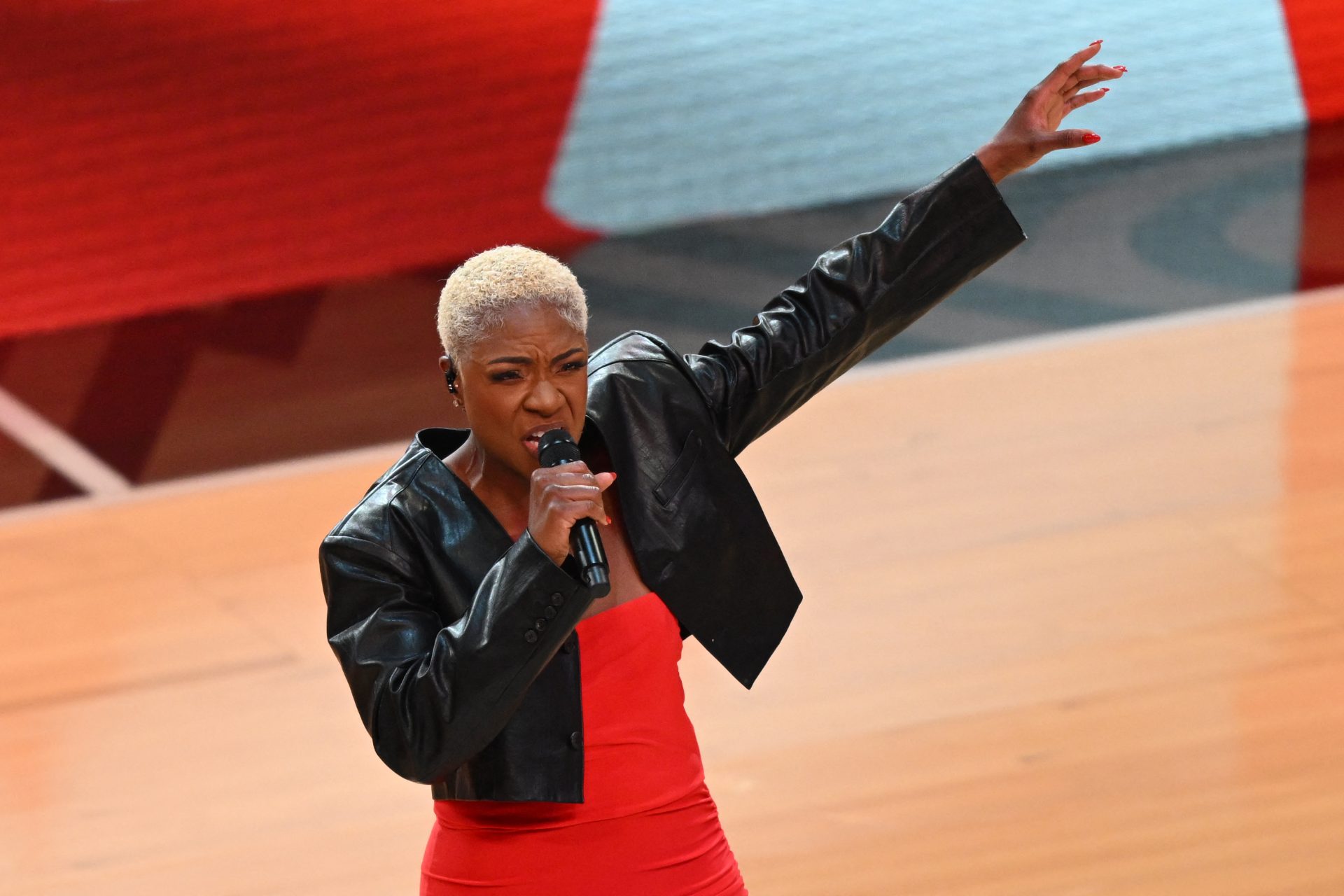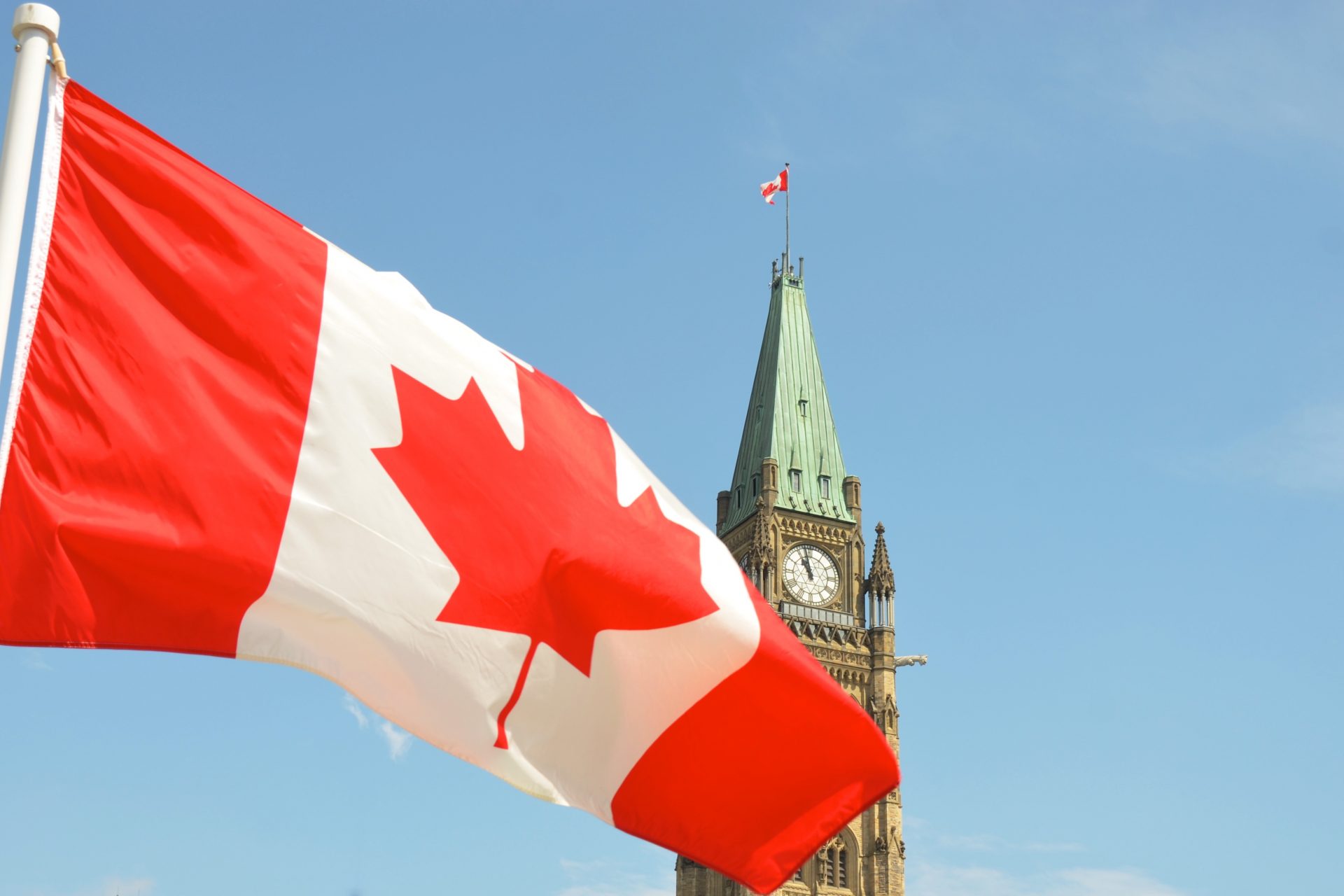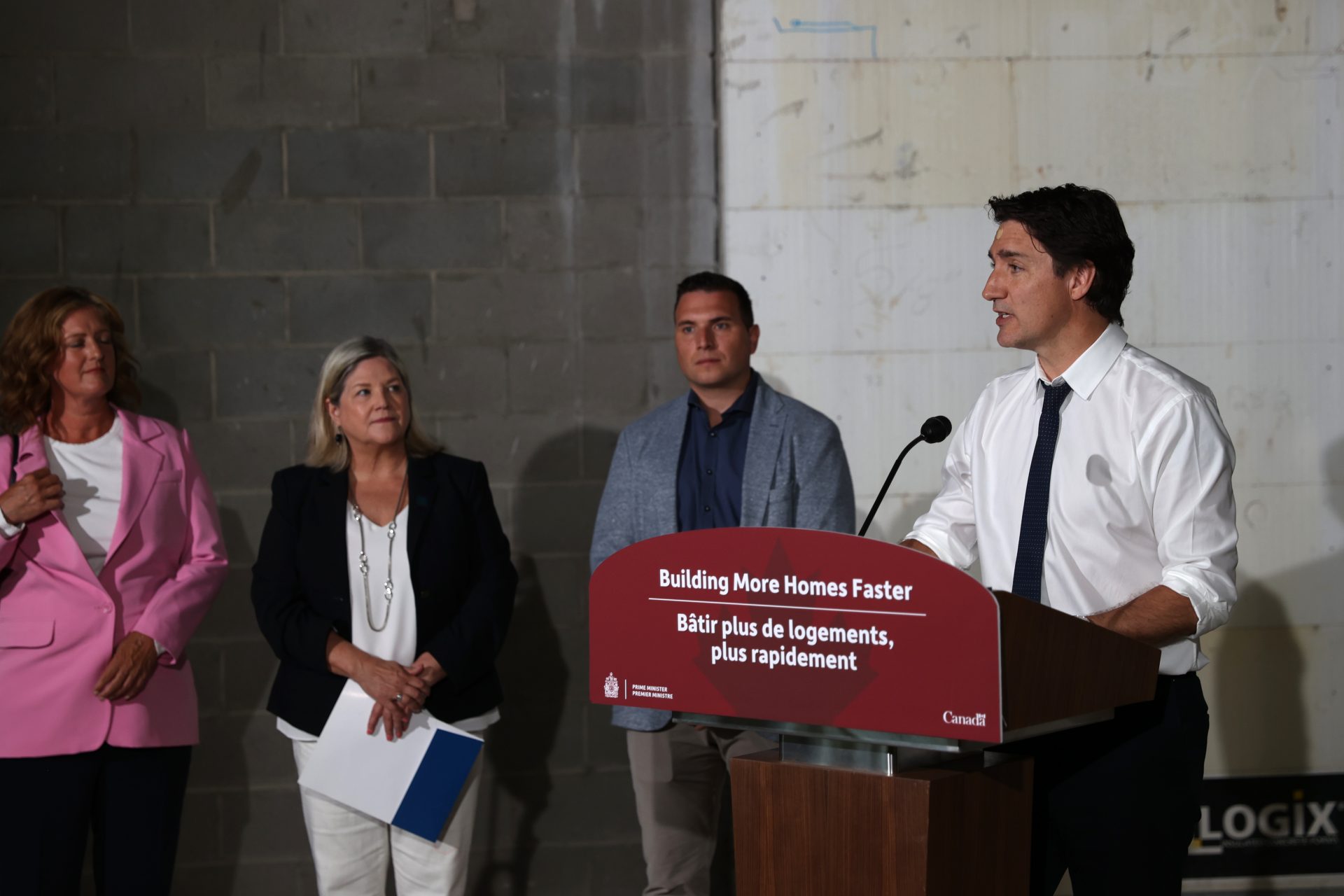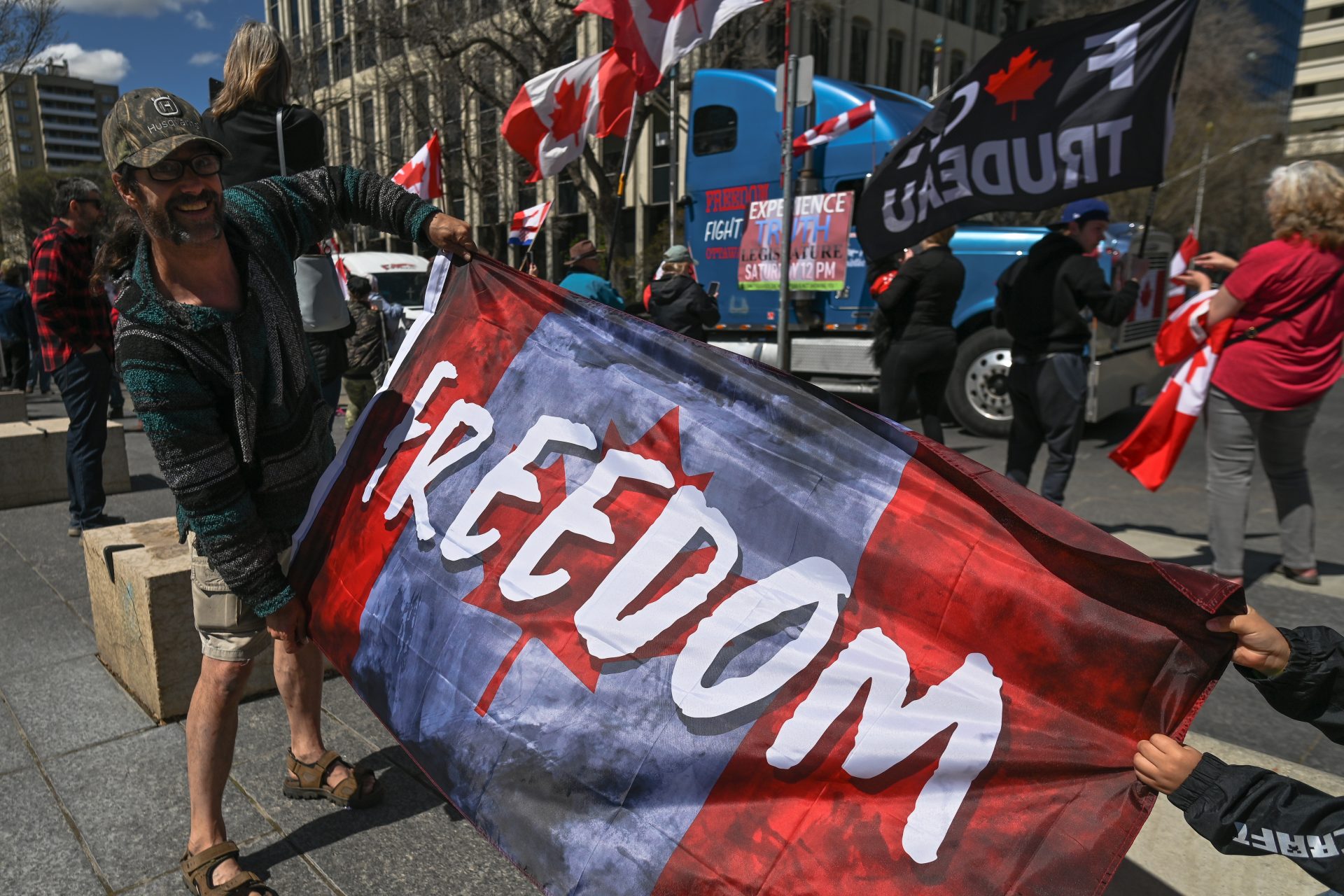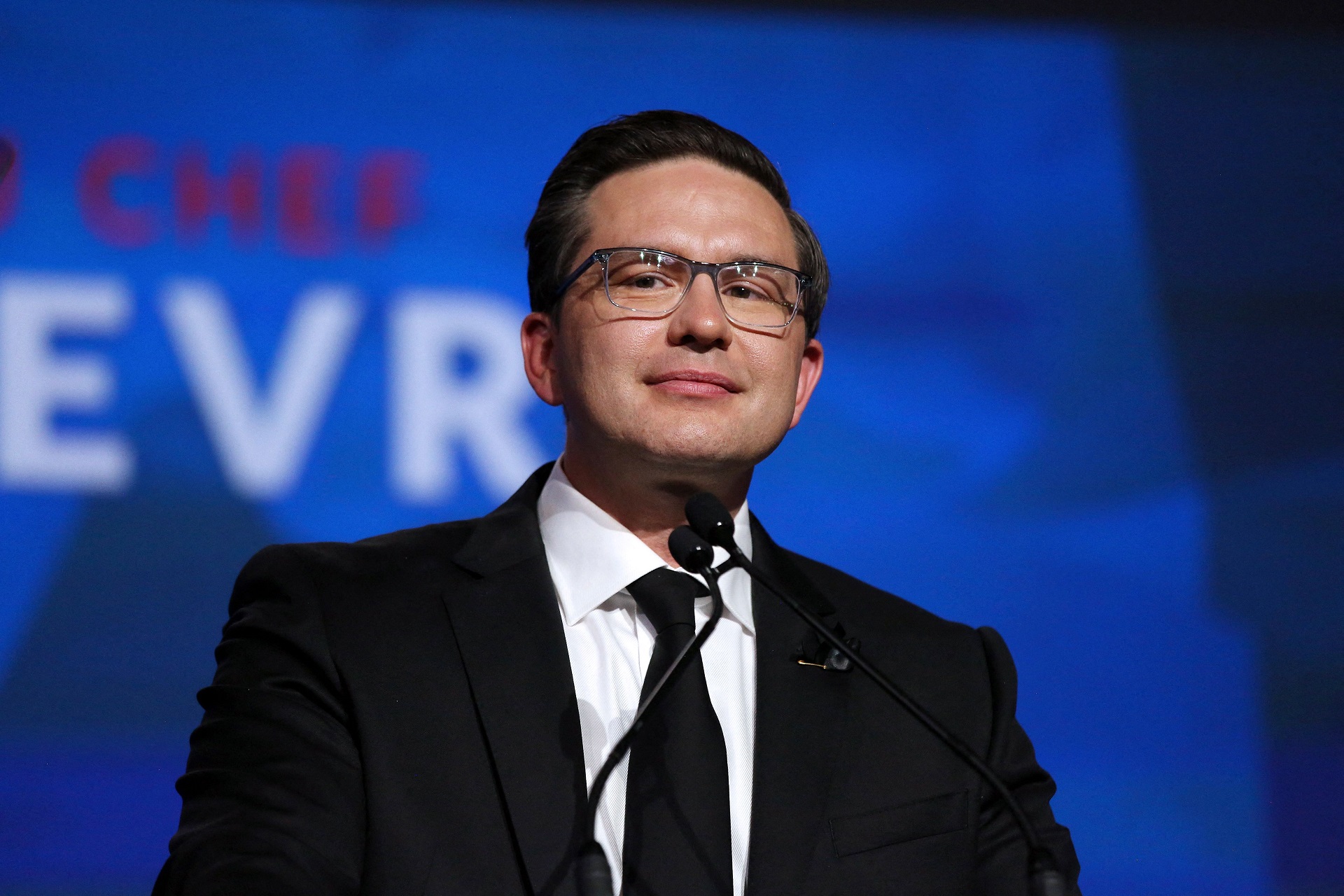Should Canada change its national anthem? Citizens are fiercely divided
The debate about changing portions of Canada’s national anthem has been raging back and forth ever since one of the country’s most popular musicians injected her own verse into the song, highlighting the Canadian state’s problematic colonial past.
Jully Black sang the words “O Canada! Our home on native land,” instead of the song’s actual verse: “O Canada! Our home and native land.” It might not really seem like a big deal but the deal changed irked many in the country.
Photo Credit: Twitter @JullyBlack
“This is less about me and more about being a part of the change in any way I can!” the singer wrote on Twitter in response to the criticism she faced over her choice to change the words in the national anthem according to The Washington Post.
Black’s move came during a time of increased tension between the country’s indigenous groups and the Canadian government, mainly because of the revelation of several mass burial sites located at Residential schools all across the nation.
The term residential school refers to a system of schools established by the government and administered by churches with the purpose of assimilating Indigenous children into the country’s mainstream Euro-Canadian society according to Indigenous Foundations.
This is why Black’s lyrical change had such a profound effect on Canadians at the time and why so many were angry at the singer and why so many praised her performance that sparked the debate about Canada’s past.
Prime Minister Justin Trudeau weighed in on the possibility of the change and explained to reporters back in July that he was open to changing the lyrics as long as it was what Canadians wanted according to CBC News.
"I look forward to talking with Indigenous Canadians about how they feel the anthem could or might change. I want to talk with a lot of Canadians," Trudeau said. "I'm open to the changes that Canadians want to see.”
However, most Canadians have no desire to see the country’s national anthem changed according to a new poll from Research Co., though the story is a little more complicated than that and the vote to change is split along cultural-linguistic lines.
A national sample conducted online found that 41% of English Canadians would agree to change the national anthem’s lyrics while 44% of the same linguistic group would not want to see O Canada’s lyrics changed.
Modifying Canada’s national anthem was far more popular among younger Canadians aged 18 to 35 with 55% saying they would agree to a change while 42% of those aged 35 to 54 said they’d be okay with a change and 28% of those over 55 concurred.
“Majorities of English-speaking Canadians of South Asian (68%), Indigenous (64%), and East Asian heritage (51%) endorse the proposed change to the national anthem,” said Research Co. President Mario Canseco.
“Only 36% of English-speaking Canadians of European descent concur,” Canseco went on to add, showing that the division over the anthem really could be attributed to that old issue of one’s cultural heritage.
If a decision to change the national anthem was made it would be the first time in recent memory. In fact, English Canada changed the wording of the song in 2018, replacing the line “in all thy sons command” with the verse “in all of us command.”
Interestingly, a similar number of Canadians agreed with that change as did the numbers who agree with the possible new changes with 48% of English speakers agreeing with the modification while 34% disagreed.
Again, this illustrates the deep divisions the country is facing over several fundamental issues. Modifications to the national anthem challenging the importance of religion and highlighting the country’s colonial past might be a good thing.
Then again, they could also only work to spark further divisions in a country that seems as if it's about to bust from the pressure of imported American-style politics. But where do you stand? Do you want to see the national anthem changed again?
More for you
Top Stories



